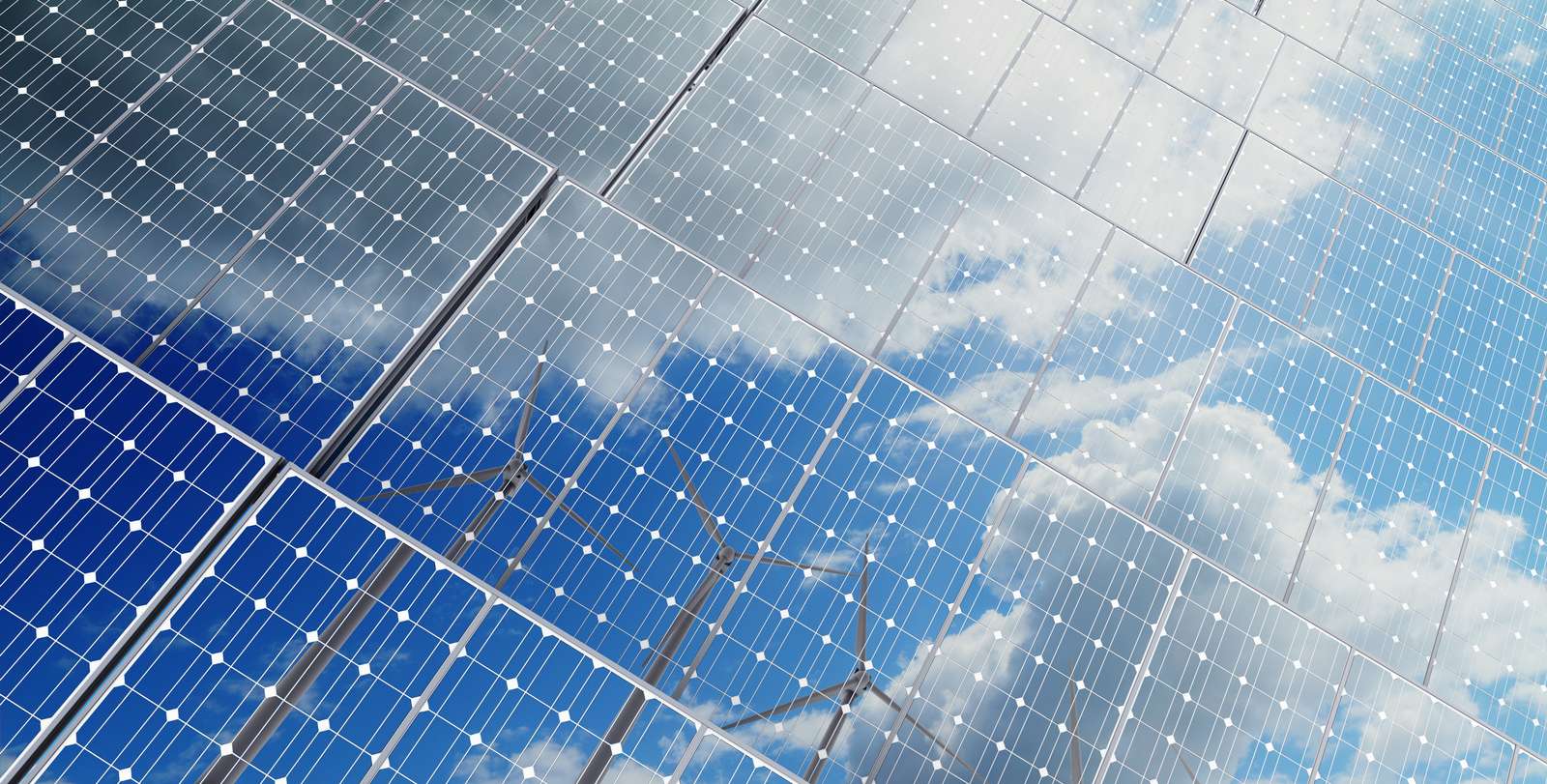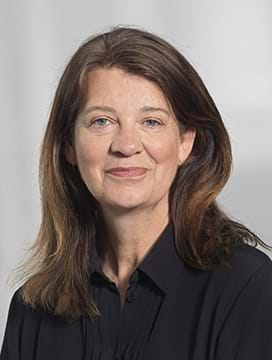The Energy Sector in MENA: Reopening opportunities
Learn about the business opportunities after COVID-19 in Egypt, Saudi Arabia, and UAE.

Danish Oil and Gas companies are invited to join this webinar, where the recent development on three distinct key markets will be presented.
The webinar is moderated by the Confederation of Danish Industry, while the Danish Trade Councils in Egypt, Saudi Arabia, and UAE provide the market knowledge and insights.
Program
10:00 Opening remarks by DI and introduction to the Danish Trade Councils in MENA
10:05 Dr. Hanzada Farid, Team Leader for the Energy Sector in MENA, the Danish Trade Council in Egypt: Egypt reopening policies post COVID-19 and prospects for international businesses.
10:10 Opportunities in Egypt:
- Eng. Mahmoud Nagi; Minister's assistant for Distributing & Transporting Petroleum Products, Ministry of Electricity
- Dr. Samir Raslan, EGAS Vice-Chairman for Agreements & Exploration, Ministry of Electricity
10:30 BREAK
10:35 Alia Mokbel, Trade Advisor, the Danish Trade Council in Saudi Arabia: Saudi reopening policies post COVID-19 and prospects for international businesses.
10:40 Eng. Youssif bin Saleh Al-Salem, Advisor to HRH Minister of Energy on International Oil Affairs
11:00 BREAK
11:05 Jonas Nielsen, Senior Trade Advisor, the Danish Trade Council in UAE: UAE reopening policies post COVID-19 and prospects for international businesses.
11:10 Opportunities in UAE - Speakers from ADNOC Abu Dhabi:
- Khaled M. Al Teneiji: Coordinator, Supplier Relations, Commercial Directory Department
- Khaled Ahmed Al Marzooqi: Specialist, Supplier Relations, Commercial Directory Department
- Afya Abdulla Al Hammadi: Senior Specialist, In-Country Value Operations, In-Country Value Execution Department
11:30 Closing remarks
Market information
Egypt
Egypt is the largest population in the MENA region with more than 100 million people. According to the World Energy Council, Egypt is not only among the countries with the highest reserves and production, but also stands out as one of the top natural gas consumers in the continent. Egypt had huge gas discovery in 2019 followed by another one mid-2020, which makes it perfect distinction for gas services companies.
According to 2019 figures, Egypt has proven hydrocarbon reserves stood at 3.3 billion barrels of oil and 63 trillion cubic feet (tcf) of natural gas. Currently, more than fifty international oil companies (IOC) are operating in Egypt and the investment by global oil majors is on track to rise. If you are a Danish company working with oil and gas services and looking for potential market to supply, provide services to, join our Oil& Gas webinar where representatives from the Egyptian Ministry of Petroleum will talk about current projects and opportunities for Danish companies.
Saudi Arabia
Saudi Arabia is the energy hub for the world, being the second largest OPEC Member country and possessing around 17 percent of the world’s proven petroleum reserves with an average production of 12.5 million barrels per day. The oil and gas sector in Saudi Arabia accounts for about 50 percent of GDP, and about 70 percent of export earnings through the government-owned oil company Saudi Aramco which is the most profitable company worldwide. Danish businesses have been successfully operating in the Saudi market for years and held successful business agreements. Saudi Arabia is continuously improving its business climate and has been spot in this year’s top global business climate improvers, according to the World Bank Group’s Doing Business report.
UAE
The United Arab Emirates (UAE) is the favored hub for Danish companies in the region, which features as number 16 in the “Ease of Doing Business Index” 2020, the highest position for the region. More than 100+ Danish subsidiaries have their regional headquarters in the country. Abu Dhabi, the oil and administrative capital produces, via Abu Dhabi National Oil Company (ADNOC) 3,5+ m/b/d, holds the world’s 7th largest proven oil reserves, equivalent to 97.8 billion barrels. They produce approx. 10 billion cubic feet (bcf) of natural gas per day, with a proven reserve of 215 trillion cubic feet (tcf) of natural gas (also the world’s 7th largest). Danish companies should note the 2030 Integrated Strategy, which highlights investments primarily in downstream operations (USD 45bn between 2019-23), massive increase in gas supply, greater efficiency in upstream (i.e. enhanced oil recovery), digitalization and selected sustainability projects (electrification of platforms and a CCUS project). It is worth mentioning that while the 2017 restructuring of ADNOC (bringing 20 subsidiaries under the one brand), was difficult to navigate for Danish 2nd and 3rd tier sub suppliers, it is now generally seen as a much more agile organization to work with.

